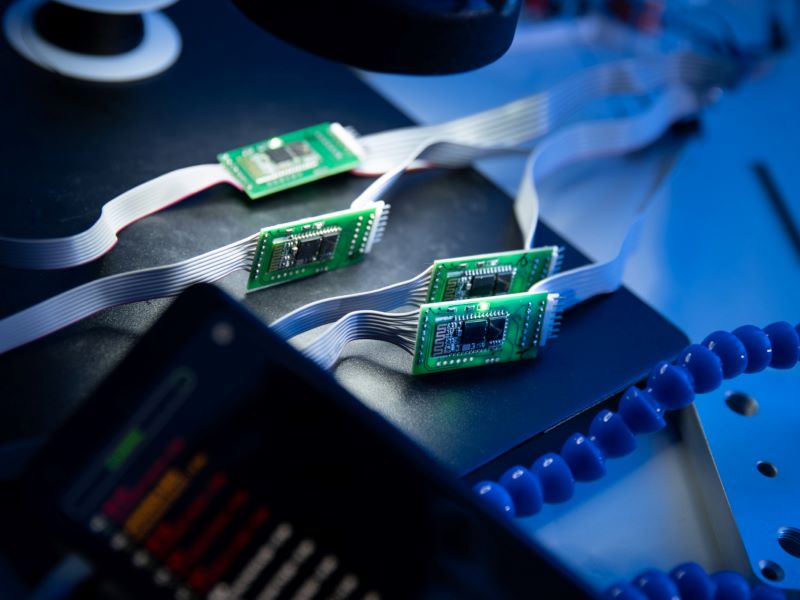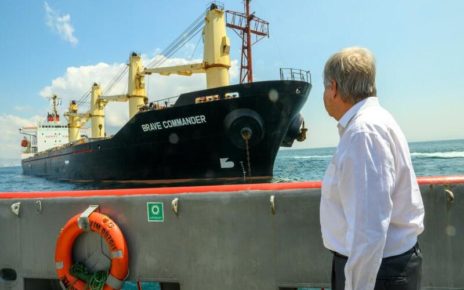In June, 2021, at the NATO Annual Summit, Secretary General Jens Stoltenberg announced the creation of DIANA – the Defence Innovation Accelerator for the North Atlantic. In April 2022, NATO member foreign ministers approved DIANA’s charter along with the creation of a 1 billion euro innovation fund.
What is DIANA?
According to NATO, the program “provides dual-use innovators in NATO countries with funding and a fast track to adapt their solutions for defence and security needs.” “Dual-use” refers to the development or adaptation of civilian software and technology for defence and security purposes. The goal of DIANA is to provide funding and resources that can help researchers and start-ups accelerate their work.
The creation of DIANA was a result of the February 2021 NATO Defence Ministers endorsement of a NATO strategy to foster emerging and disruptive technologies (EDTs). Emerging technologies are such things as 4D printing, 5G telecommunications, robots, and edge computing. Disruptive technologies are such things as streaming (e.g., Netflix), cryptocurrency, virtual reality, and artificial intelligence. According to NATO, these new technologies are having a profound impact on security and defence. EDTs are providing new opportunities for NATO militaries, as can be seen by the importance of electronic warfare in the war in Ukraine. EDTs may also be used for defence (e.g., using artificial intelligence for cyber defence).
NATO Defence Ministers determined that in order to maintain its technological advantage, it would work with partners in academia and the private sector. DIANA and its associated innovation fund are the means by which it will do this.
How will DIANA work?
DIANA operations will be based in two regional headquarters, one located in London and one in North America (the exact location is still to be finalized but Halifax, Nova Scotia is the leading contender). Staff at these regional headquarters will be charged with locating worthy startups, researchers, or technology companies with which to partner. They will use competitive “Challenge Programmes” to decide which innovators they will support. Each of these competitions will revolve around current defence and security problems. It is expected that the first challenge program will be launched this spring, and that it may focus on the important problem of operating in a GPS dead zone.
Winners of the competitions will not only get funding, but also access to test centres with labs and equipment, accelerator sites with mentors and funding, DIANA’s experts, and a network of investors. And, of course – if their products are successful – the innovators may get contracts to supply their products to NATO members. It is expected that there will be three challenge programs per year.
Where does Canada fit in?
At the NATO Summit in June 2022, Prime Minister Justin Trudeau announced that Canada was willing to host the DIANA North American Regional Office, and this offer was appreciated by NATO. A few months later in November, Minister of National Defence Anita Anand proposed that Halifax, Nova Scotia be the specific location. A final decision will be made at the NATO Summit in June in Madrid.
Halifax is a strong contender for several reasons. More than 40 per cent of Canada’s military assets are located in Nova Scotia, including Canada’s largest naval base, and Halifax is home to COVE, a marine technology innovation centre that works with more than 200 defence-related businesses that participate in programs for “venture development, scaling of businesses, testing, and validation.” Halifax is also known for its numerous universities and research centres. Finally, if choosing a location in Canada for a North Atlantic center, it is apt that the city that is chosen be located on the Atlantic.
Canada would certainly benefit from hosting NATO’s North American DIANA office. In direct terms, it is expected that 40 or 50 NATO jobs will be created. Indirectly, it is likely that Canadian companies will be encouraged to participate in the Challenge Programmes, and this will stimulate innovation in the Canadian technology sector and provide access to funding and support for their ideas.
Moving forward, the Board of Directors of DIANA has agreed that for the next two years, the main focus of DIANA’s work should be in the areas of energy resilience, secure information sharing and sensing and surveillance. Although it is unlikely that the proposed Halifax Regional Headquarters will be up and running before late in the year, Canadian businesses should start preparing for the opportunity to compete for resources from NATO’s new DIANA initiative.
Photo: David Baillot via the Atlantic Council, October 14, 2020. Licensed by Creative Commons via License CC BY-NC 3.0 US.
Disclaimer: Any views or opinions expressed in articles are solely those of the author and do not necessarily represent the views of the NATO Association of Canada.




